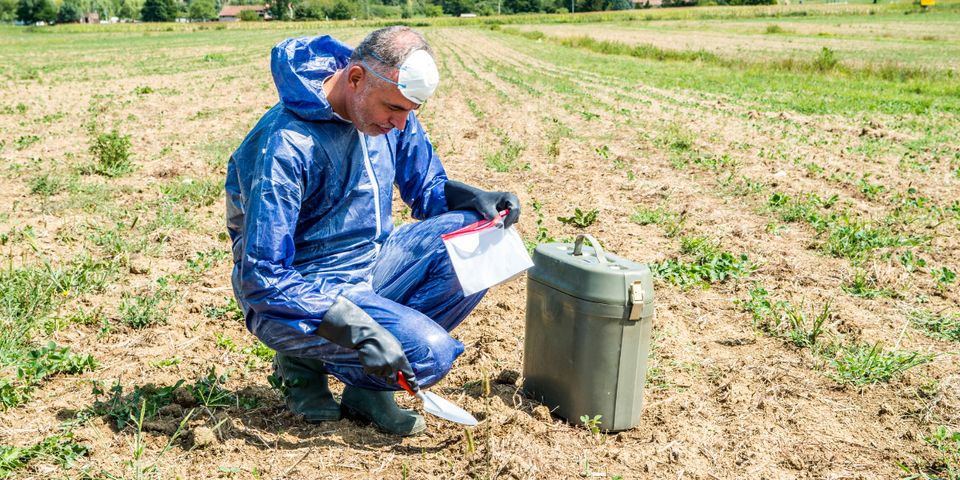
When you purchase land that you plan to develop for a commercial property, having a geoscientist test the soil for harmful gases before starting the project helps you protect employees and avoid setbacks along the way. Often, nitrogen, methane, and radon can be trapped underground, building up in toxic concentrations that are released when you start digging. They can also contaminate the groundwater, which is dangerous if you need a well. Below is more information about this issue to help you avoid problems.
What Is Soil Gas?
Soil gas is usually a natural occurrence that happens when organic matter decomposes in the soil. It is also produced by the activity of microorganisms in the soil. However, soil gas can also be produced by human activity, such as landfill sites, buried fuel tanks, or industrial waste.
While these gases do not affect humans when they are trapped in the ground, they can leak during the construction process, allowing them to filter through the foundation of the new building. Soil gas can also enter through wells, sewers, drain lines, and ventilation systems as it permeates through the loosened soil.
What Are the Dangers?
Soil gas can be dangerous if it accumulates in enclosed spaces or if it contains harmful gases. For example, methane gas is flammable and can cause explosions if it accumulates in enclosed spaces. Carbon dioxide gas can also be dangerous if it displaces oxygen in the air.
Soil gas can also contain harmful gases such as volatile organic compounds (VOCs) or radon gas. VOCs are chemicals that can cause health problems if inhaled, such as headaches, dizziness, or nausea. Radon gas is a radioactive gas that can cause lung cancer if inhaled over a long period of time.
How Can You Protect Yourself and Your Property?
The first step in protecting yourself and your property from soil gas is to identify the risks. This can be done by hiring a geoscientist to conduct a soil gas analysis. A soil gas analysis involves drilling a small hole in the soil and collecting gas samples. The samples are then analyzed in a laboratory to determine the composition of the soil gas.
Based on the results of the soil gas analysis, a geoscientist can help you develop strategies to manage the risks associated with soil gas. This may include installing a ventilation system to prevent the buildup of harmful gases or conducting regular monitoring to ensure that the gas levels remain safe.
When you need a geoscientist to test your soil before starting a construction project, contact GeoTek Alaska in Anchorage. This reputable drilling company uses specialized equipment to collect and analyze soil and water samples throughout the state. They also handle well monitoring and utility locating. Call (907) 569-5900 to speak with a team member. Visit them online for more information about their services.
About the Business
(6 reviews)
Have a question? Ask the experts!
Send your question

